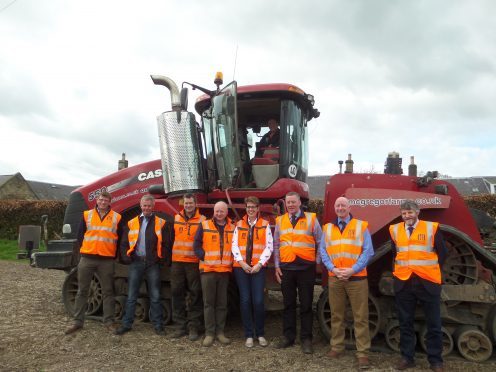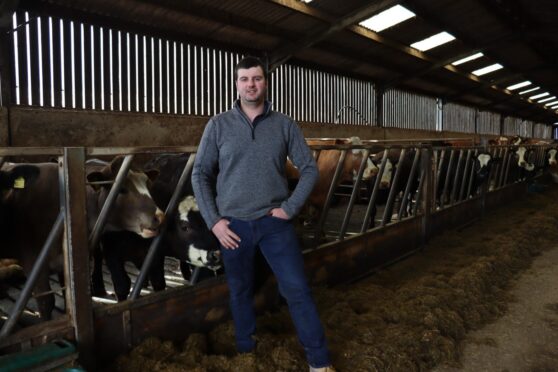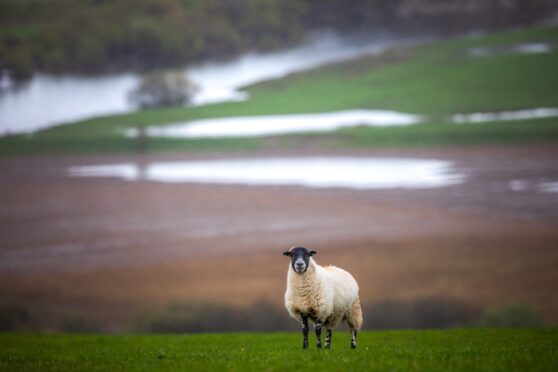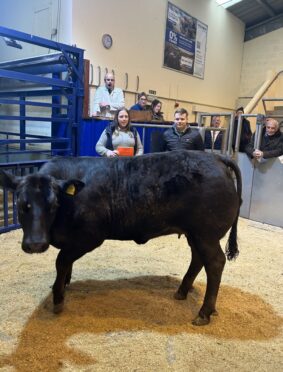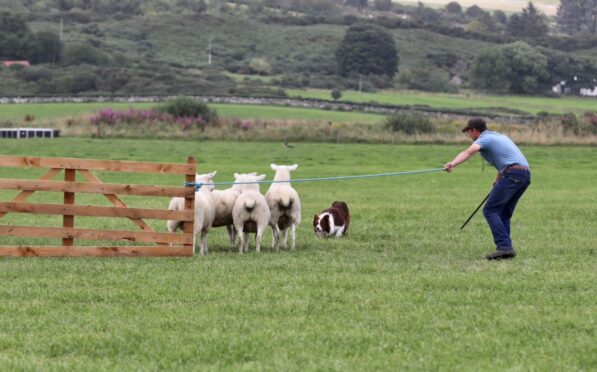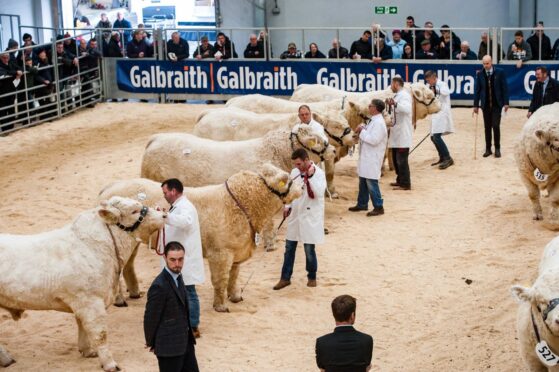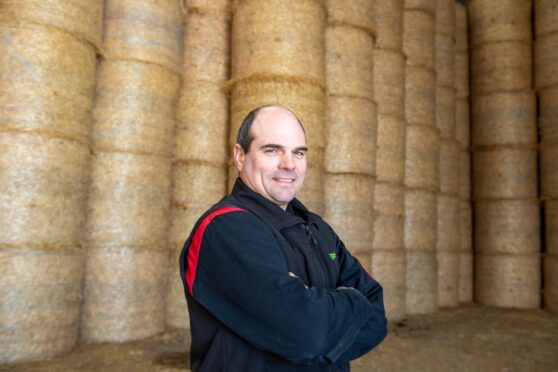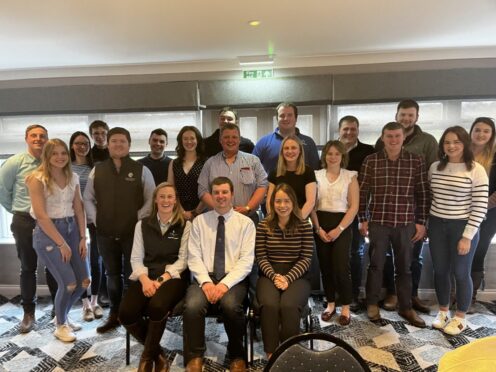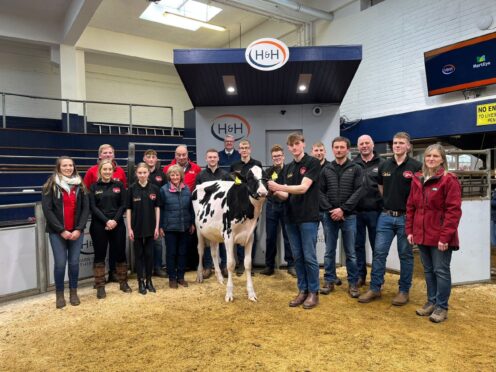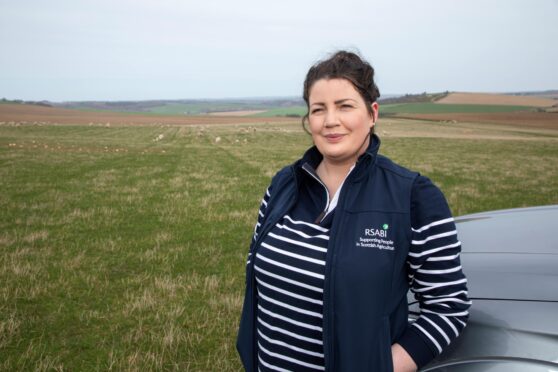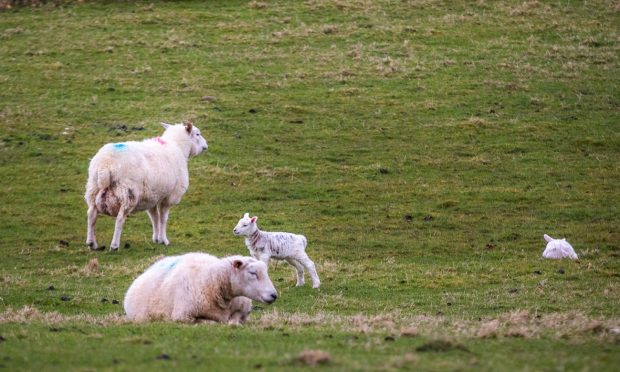Scotland’s farmers are being urged to stand up and be counted in support of the re-authorisation of the world’s most widely used herbicide, glyphosate.
NFU Scotland (NFUS) wants its membership’s help as it bids to hammer home precisely how important the plant protection product is to the farming industry.
“It must be re-authorised for a full 15 years, including use pre-harvest,” stressed NFUS, as it launched its #GlyphosateIsVital campaign at McGregor Farms, Coldstream, in the Scottish Borders.
McGregor Farms, like the vast majority of arable and livestock farms across Scotland, relies heavily on glyphosate to control weeds, manage harvests, and reduce grain drying costs.
But controversy ruled in 2016 when the herbicide was linked by some scientists as a possible cause of cancer; and subsequently re-authorised by the EU for agricultural use for only 18 months rather than the 15 years the UK farming unions – including NFUS – and wider agricultural industry had called for.
While researchers remain divided over the potential link between the disease and the chemical, glyphosate has now received a ‘clean bill of health’ from the European Food Safety Authority (EFSA), European Chemicals Agency , World Health Organisation and the Food and Agriculture Organisation of the United Nations.
NFUS president, Andrew McCornick said if the scientific consensus from the three organisations was to have any credibility at all, in terms of plant protection product regulation, glyphosate must now be re-authorised for a further 15 years.
“Whilst the union has written to all Scottish MEPs to encourage them to support the re-authorisation of glyphosate, it would be invaluable if these MEPs also heard directly from farmers who use glyphosate about what it means for them,” said Mr McCornick.
He said the union would also be using the social media hashtag #GlyphosateIsVital, encouraging others to do the same.
“As a farming community we need to speak up for glyphosate, so please do your bit,” added Mr McCornick.
Arable farmer Colin McGregor said glyphosate was fundamentally important to his business.
He said: “It [glyphosate] helps me maintain good yields and to use less fossil fuels to dry the crops and keep them in good condition.
“Glyphosate is a safe and invaluable tool for farmers and it is vital that it remains in our toolbox.”
